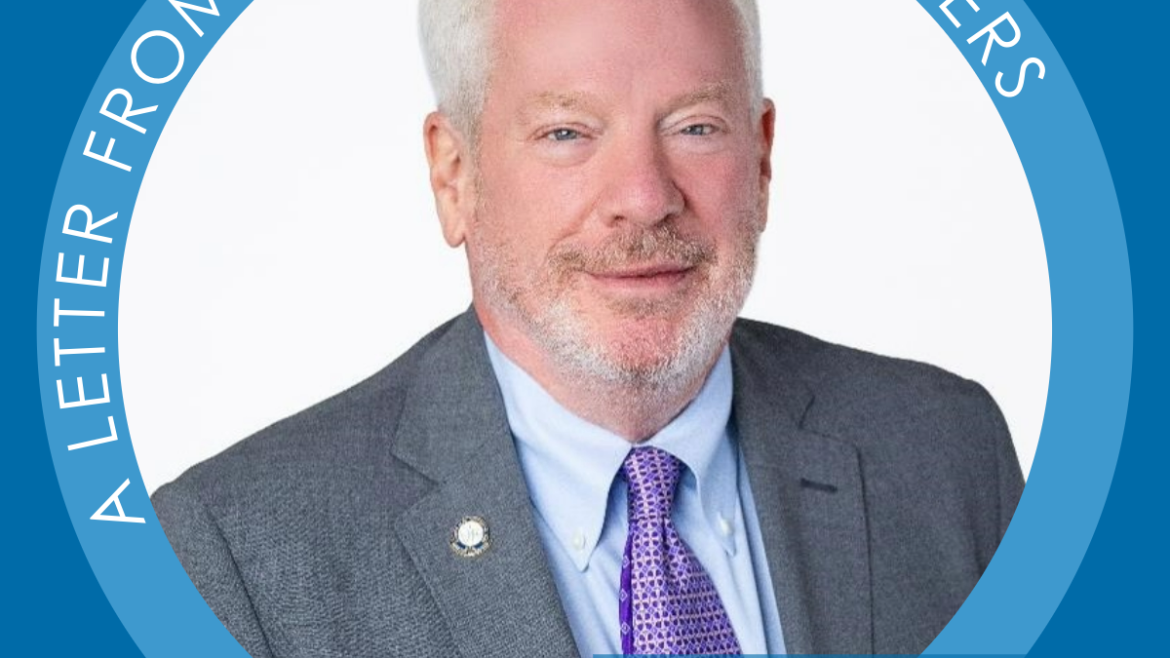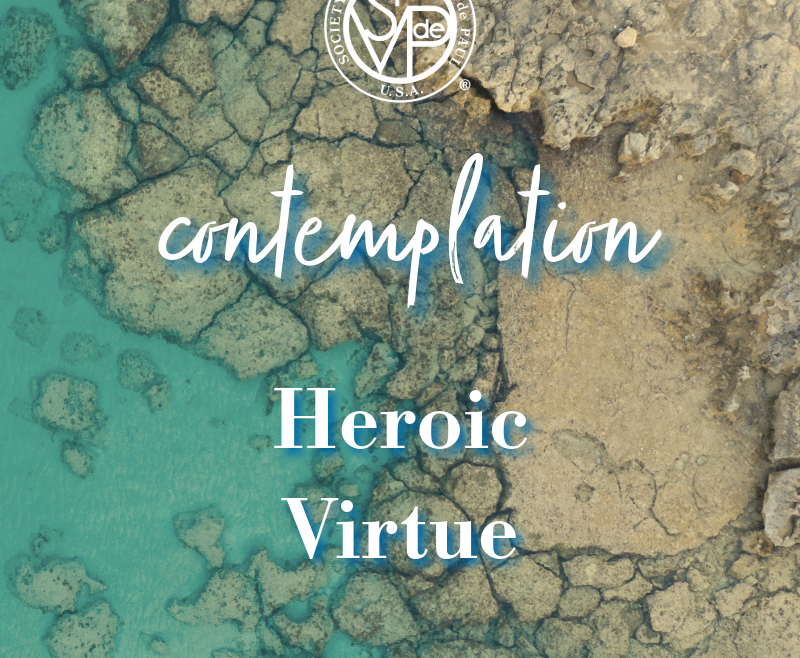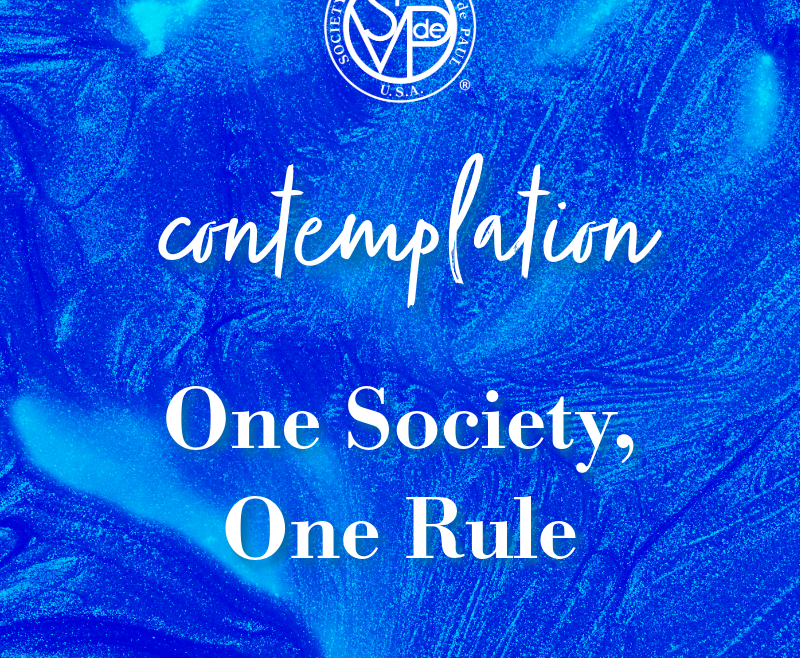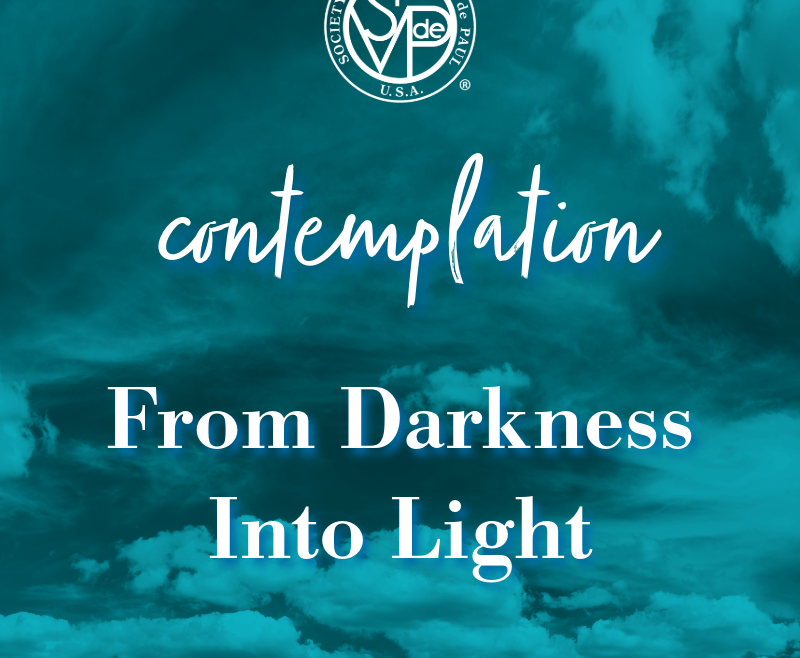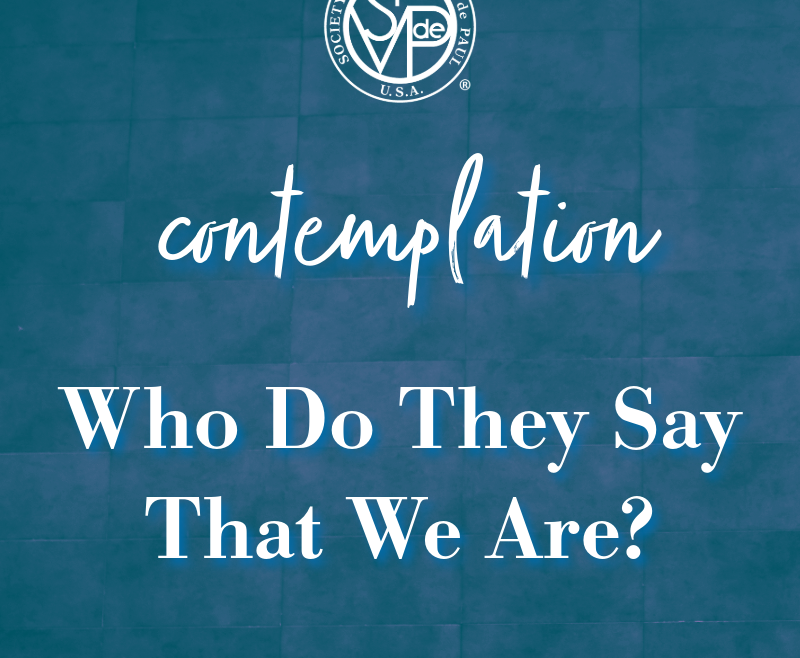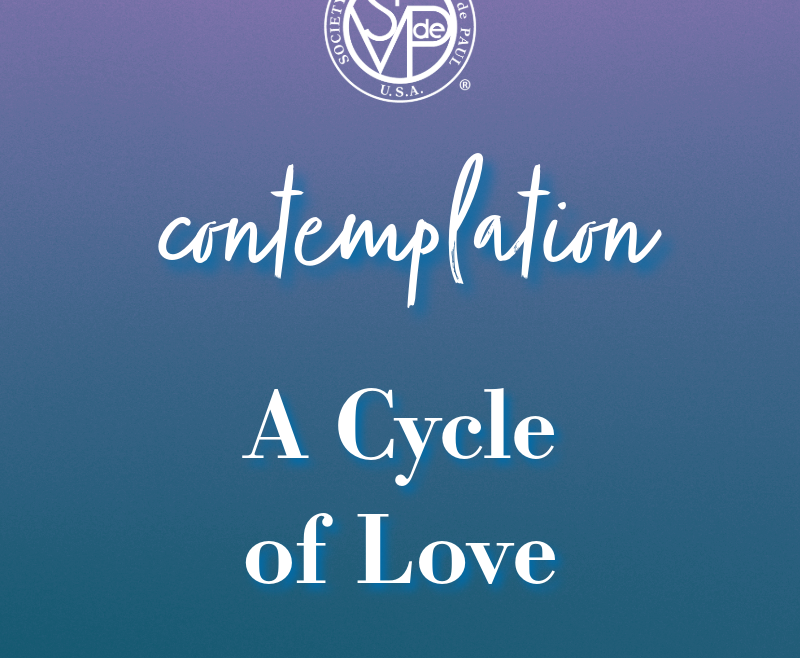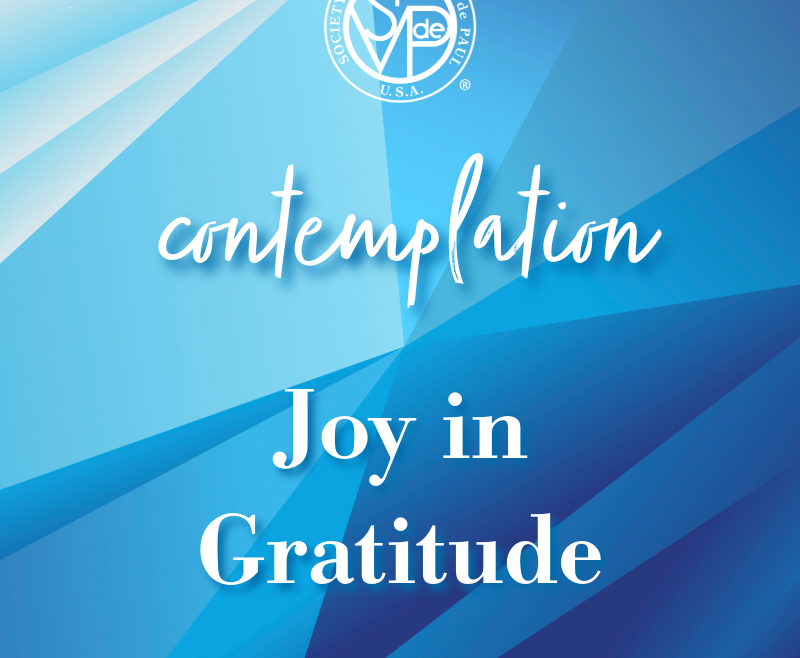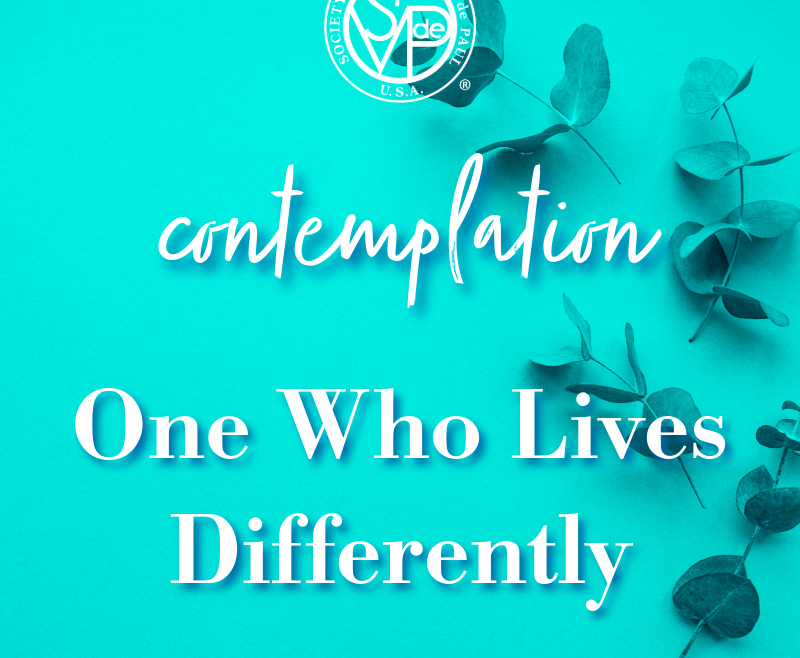Last Friday, September 27, we celebrated the Feast Day of St. Vincent de Paul. On that day, we, along with the whole Catholic Church, honored the life and legacy of a man whose name has become synonymous with charity and service to the poor. St. Vincent de Paul dedicated his life to helping the marginalized.
Most of us know about St. Vincent de Paul. He was born on April 24, 1581, in Pouy, France. From humble beginnings, he pursued an education and was ordained as a priest in 1600. Initially, Vincent sought a comfortable ecclesiastical position, but his life took a transformative turn when he encountered the profound poverty and suffering of the people around him. This experience ignited a deep sense of compassion and a calling to serve the poor.
St. Vincent de Paul’s commitment to charity led him to establish several organizations that continue to impact the world today. In 1625, he founded the Congregation of the Mission, also known as the Vincentians, a society of priests dedicated to preaching to and serving the poor. Later, in collaboration with St. Louise de Marillac, he co-founded the Daughters of Charity, a community of women devoted to caring for the sick and impoverished.
St. Vincent de Paul’s legacy is marked by his innovative approach to charity. He believed in addressing both the immediate needs and the systemic causes of poverty. His initiatives included establishing hospitals, orphanages, and schools, as well as organizing missions to rural areas. Vincent’s work extended beyond France, influencing charitable practices across Europe and inspiring countless individuals to dedicate their lives to service.
The Feast Day of St. Vincent de Paul is not only a celebration of his humanitarian efforts, but also a reflection on the spiritual dimensions of charity. Vincent’s life exemplifies the Christian virtues of humility, compassion, and selflessness. He taught that true charity involves seeing Christ in the faces of the poor and serving them with love and respect. This spiritual perspective continues to inspire the faithful to engage in acts of kindness and social justice.
Today, we, the Society of St. Vincent de Paul, carry forward Vincent’s mission. SVdP operates in over 150 countries, providing assistance to millions of people in need. The Society’s work includes food programs, housing assistance, disaster relief, and advocacy for social justice. The Feast Day serves as a reminder of the ongoing need for compassion and action in addressing the challenges of poverty and inequality.
St. Vincent de Paul left behind a legacy of profound wisdom and compassion that continues to inspire and guide the Society of St. Vincent de Paul today. Some of his well-known quotes encapsulate principles that are as relevant now as they were during his lifetime, providing a moral and spiritual compass for those dedicated to serving the poor and marginalized.
“Charity is the cement which binds Communities to God and persons to one another.”
This quote underscores the foundational role of charity in building strong, compassionate communities. The Society of St. Vincent de Paul embodies this principle through our extensive network of volunteers, who provide direct assistance to those in need. By offering food, clothing, shelter, and emotional support, we foster a sense of community and solidarity, binding people together in mutual support and love.
“We should assist the poor in every way and do it both by ourselves and by enlisting the help of others.”
St. Vincent’s call to action is reflected in the collaborative efforts of our work. The Society not only engages our members in charitable activities but also partners with other organizations, businesses, and government agencies to amplify our impact. This collaborative approach ensures that resources are maximized and that a broader range of services can be provided to those in need, from emergency relief to long-term support programs.
“Go to the poor: You will find God.”
This profound statement highlights the spiritual dimension of serving the poor. For Vincentians, charity is not just a social duty, but a spiritual practice. By seeing Christ in the faces of those we serve, we are reminded of the sacredness of our mission. This perspective encourages us to approach our work with humility, respect, and a deep sense of purpose, transforming acts of charity into encounters with the divine.
“The poor have much to teach you. You have much to learn from them.”
St. Vincent de Paul believed that serving the poor was a reciprocal relationship, where both the giver and the receiver are enriched. This philosophy is integral to our approach, which emphasizes listening to and learning from those we serve. By understanding the unique challenges and strengths of individuals and communities, we can provide more effective and empathetic support, fostering empowerment and resilience.
“Let us love God, but let it be with the strength of our arms and the sweat of our brow.”
This quote encapsulates the Vincentian commitment to practical, hands-on service. Vincentians are known for our tireless dedication, often going above and beyond to meet the needs of those we serve. Whether it’s through Home Visits, running thrift stores, or any of our many special works, Vincentians put our faith into action, demonstrating love through tangible deeds.
In today’s world, the principles articulated by St. Vincent de Paul are more relevant than ever. We continue to adapt to contemporary challenges, such as homelessness, food insecurity, and social isolation, while staying true to our Vincentian values.
St. Vincent de Paul’s timeless wisdom provides a guiding light for us in the modern age. His quotes remind us that charity is not just about giving but about building relationships, learning from one another, and finding God in the service of others. As we continue our mission, the words of St. Vincent de Paul inspire and challenge us to create a more just and compassionate world.
Peace and God’s blessings,
John
John Berry
SVdP National President

